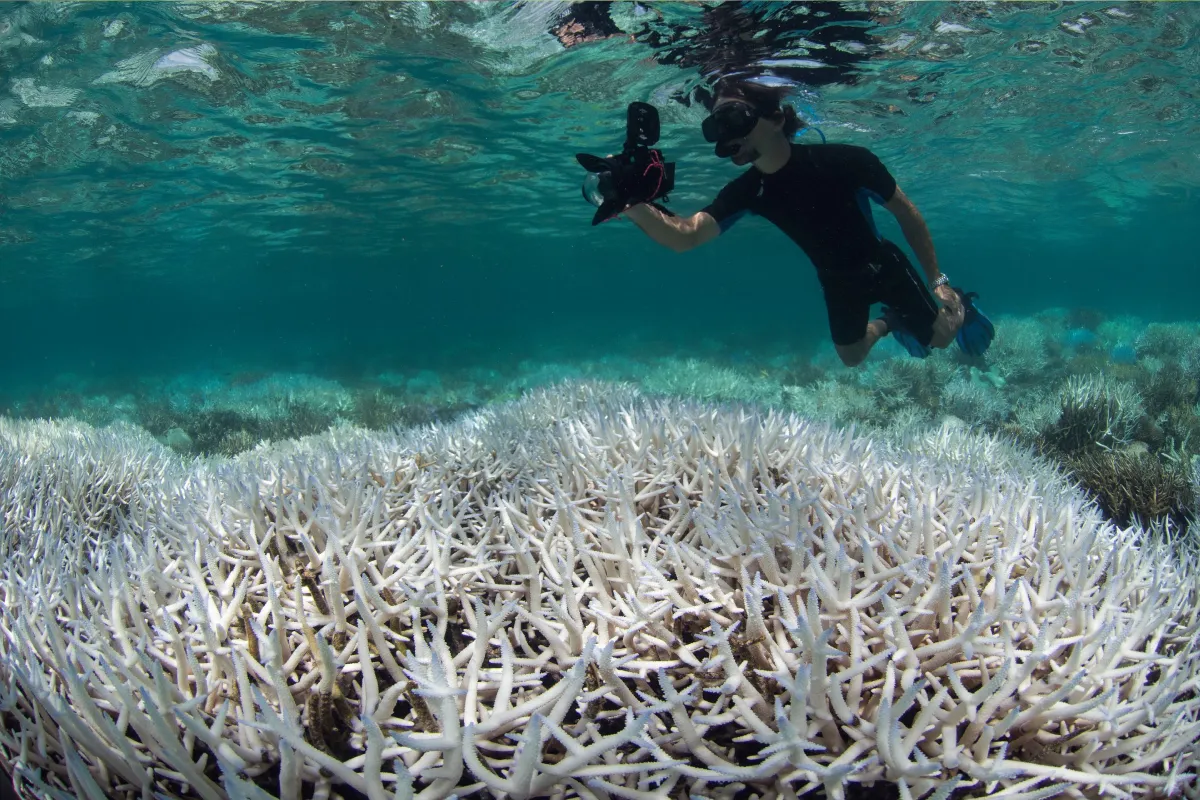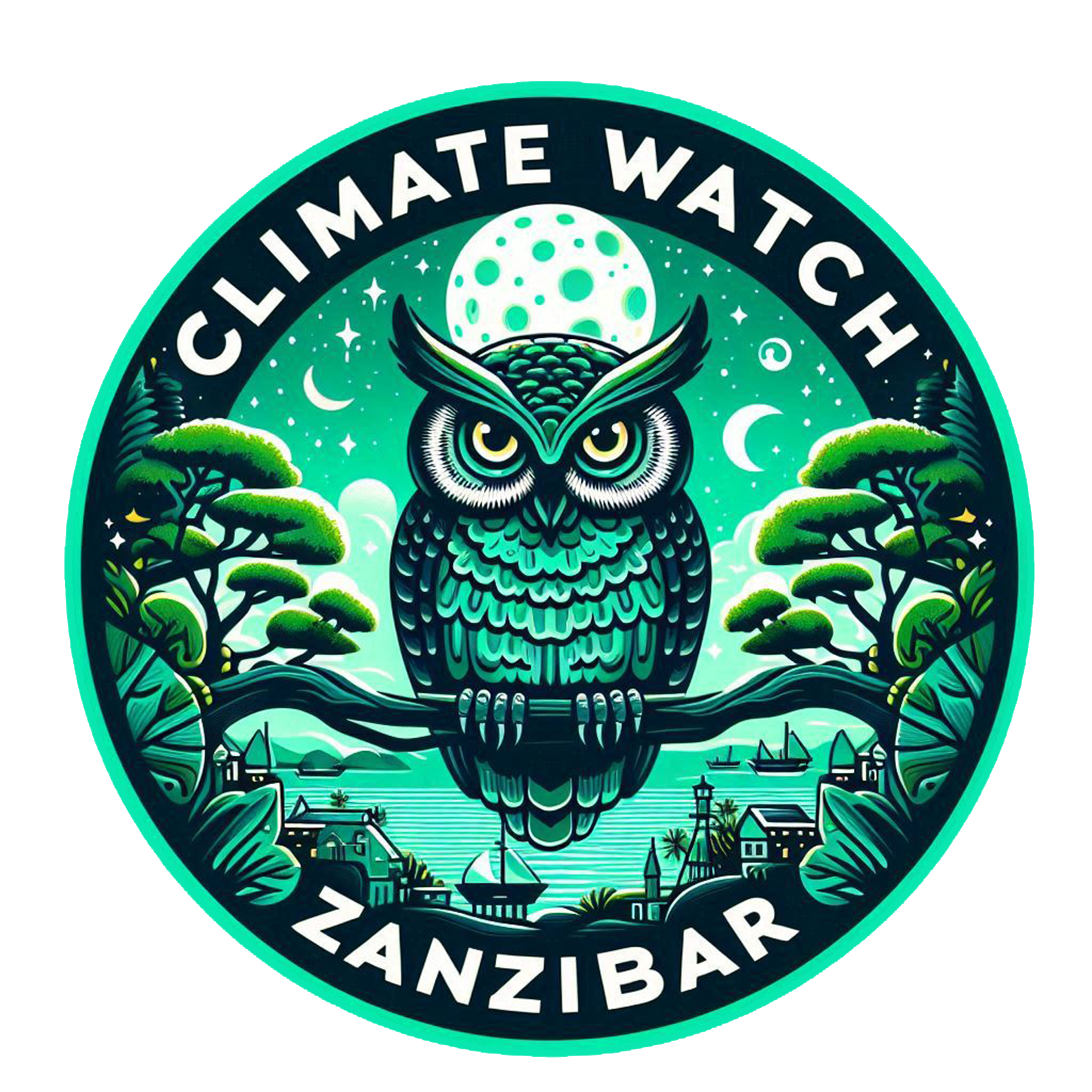
Coral Reef Degradation
Coral reefs around Zanzibar are experiencing significant degradation due to a combination of natural and human-induced factors. These reefs, vital for biodiversity, coastal protection, and local livelihoods, are under pressure from climate change, overfishing, pollution, and unsustainable tourism.
01
Causes of Coral Reef Degradation in Zanzibar
- Climate Change and Coral Bleaching
Rising sea temperatures have led to coral bleaching events, notably in 1998 and 2016, causing widespread coral mortality. Species like Acropora, which are sensitive to temperature changes, have been particularly affected, with their populations declining significantly . - Invasive Species
The crown-of-thorns starfish (COTS), a predator of Acropora corals, has caused extensive damage to reefs since its invasion in the early 2000s. Efforts to control COTS populations have been implemented in areas like Chumbe Island . - Destructive Fishing Practices
Techniques such as dynamite and blast fishing have physically damaged reef structures, hindering coral growth and recovery . - Pollution
Untreated sewage, agricultural runoff, and shipping activities contribute to nutrient loading and toxic substances in coastal waters, leading to algal overgrowth and coral stress . - Tourism Pressure
Unregulated tourist activities, including high boat traffic and snorkeling, have led to physical damage and increased pollution in reef areas .
02
Frameworks that Guide Our Action
- Coral Nursery and Transplantation
Initiatives like the Mnemba Island project involve creating underwater nurseries to grow coral fragments, which are later transplanted onto degraded reefs. This approach has led to the restoration of approximately 80% of Mnemba's "house reef" - Marine Protected Areas (MPAs)
Designating areas like Chumbe Island as MPAs has allowed for coral recovery by restricting fishing and tourism activities. These zones have shown positive impacts on coral health and biodiversity . - Community Engagement and Education
Training local communities, including fishermen and tour guides, in sustainable practices and coral conservation has been integral to restoration efforts. Programs have reached over 4,900 students and numerous community members, fostering a sense of ownership and responsibility . - Regional Collaboration
Workshops and networks, such as those organized by The Nature Conservancy, have facilitated knowledge sharing and capacity building among reef restoration practitioners in the Western Indian Ocean region .
Outlook
While challenges persist, the combined efforts of local communities, conservation organizations, and government agencies offer hope for the resilience and recovery of Zanzibar's coral reefs. Sustained commitment to restoration, sustainable practices, and regional cooperation is essential for ensuring the long-term health of these vital ecosystems.





